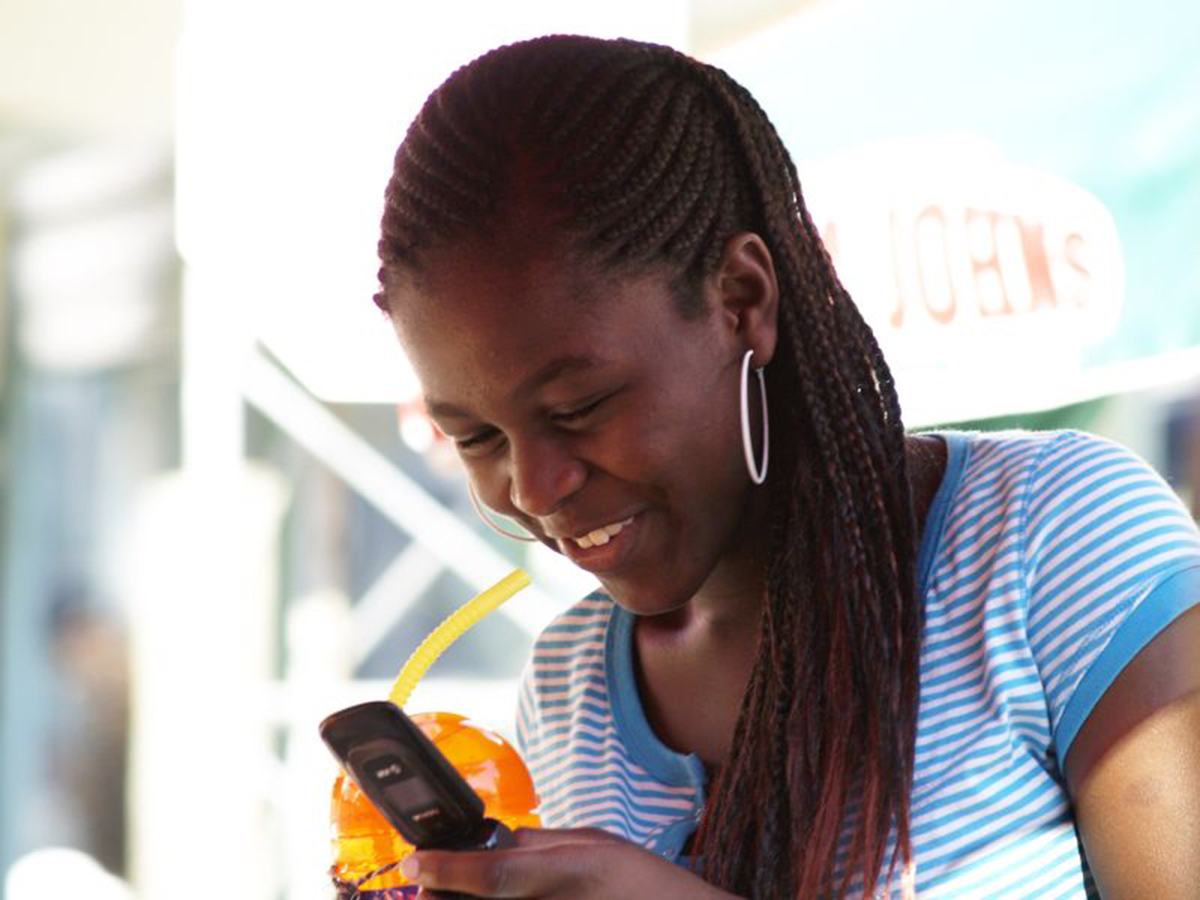Table of Contents
Counselors and psychologists talk to teens and preteens about social media, which plays an increasingly important role in their lives, frequently. These mental health professionals want to find out how much teens know and don't know, and maybe even if they have advice for their moms and their dads.

A diligent parent may be logged into a teen's Instagram or Facebook account with them at all times. These social media accounts let parents know who their teens are with, who has sent them pictures, who they have sent pictures, and what is posted on their walls.
Many American parents take the point of view that once you hide social media, or make it unavailable, children are challenged to find ways to access it behind their backs, so they opt for openness — at least for their children's social media accounts.
The result is that teens and preteens learn to think "Is Mom online?" when they post to their social media accounts. Most adolescents would protest that there is not really anything going on on their Facebook, Instagram, and Twitter accounts, and when there is a problem, it's what some other kid has posted (something that may be entirely correct from the teen's point of view!).
So what usually goes wrong with teen and preteen use of social media accounts? What should parents know about the ways social media impacts adolescent development?
Social Media Focuses the Fear of Being Left Out
As one teen known to the writer of this article put it, "I guest you could say, like, you see, you get on Facebook and Snapchat and you discover that all your friends are hanging out somewhere and you're like, 'Oh, I'm home alone right now.' Then if there is no way you could get where they are you just feel lonely and sad and bad."
Teens and preteens typically don't characterize this experience as "anxiety," but they also usually would say "It sucks."
An 11-year-old the author knows put it another way, "You find out you didn't get an invitation to a big party, and you feel really bad."
Teenagers have likely always formed cliques. Some teens have always been on the losing end of the popularity contest. Social media highlights this in a new way, because teens aren't just being excluded, but can also see what they are missing out on.
Freaking Out Over "Likes"
Another issue many teens and preteens have with social media is using social media as a metric for popularity.
Many young users of the Internet have very high expectations of their likeability measures on Facebook and Instagram. They may expect to be members of the "100 club," users who receive 100 likes on their profile changes (photo, relationship status, and location, for example), or they may even expect 200 or more of their "friends" to log on and "like" their online activity.
See Also: Do Video Games Really Increase High-Risk Behavior In Teens?
Counting "likes" becomes a competition. Children may say to each other, "Check this out, see how many likes I have on this post," when failing to take into consideration that many of the people clicking on a photo or a post have never met them, would not recognize them if they did, and have no interaction with them except online.
- Kross E, Verduyn P, Demiralp E, Park J, Lee DS, Lin N, Shablack H, Jonides J, Ybarra O. Facebook use predicts declines in subjective well-being in young adults. PLoS One. 2013 Aug 14
- 8(8):e69841. doi: 10.1371/journal.pone.0069841. eCollection 2013.
- Photo courtesy of Manchester Library via Flickr: www.flickr.com/photos/manchesterlibrary/2575009311
- Photo courtesy of moresatisfyingphotos.com via Flickr: www.flickr.com/photos/jeff_kontur/4013998424

